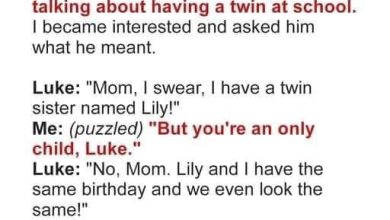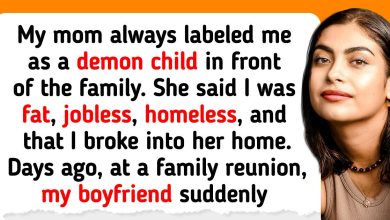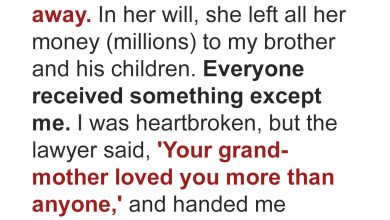
For example, clinical psychologists Seth Meyers and Preston Ni explain how the actions of the parents can ruin the lives of their children. On the other hand, raising children is very difficult and no one has the right to be judgemental when it comes to someone’s particular parenting style. But there’s a very fine line between mistakes that parents make and the inappropriate behavior of toxic parents. This article can help determine and handle toxic situations that are harmful to our health.
10. “Be afraid of me but love me.”
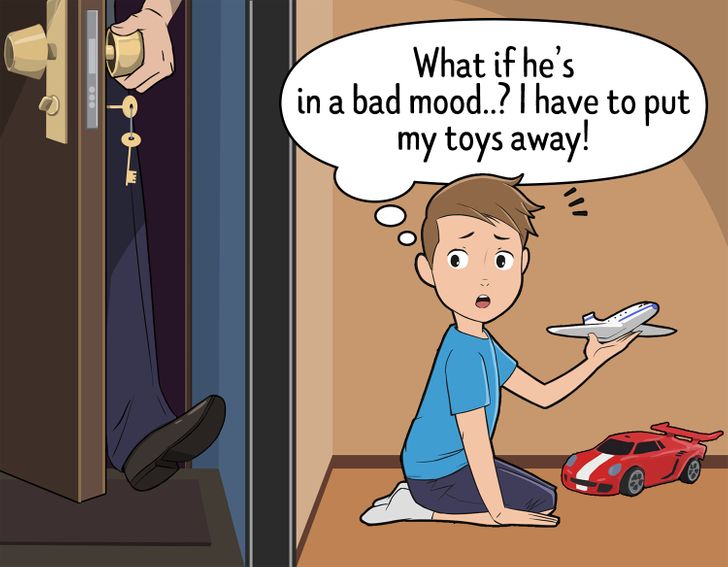
For toxic parents, an emotional attack is synonymous with love and attention. In such families, kids know how to find out what mood their parents are in by the sound of dropped keys or by the scrape of footsteps. Such children live in constant fear and apprehension. These types of toxic parents often get offended if their kind actions are treated with suspicion. They claim,”I’ve done everything for you and you’re still so ungrateful.”
9. “You must deal with adult problems, but you still have no rights.”
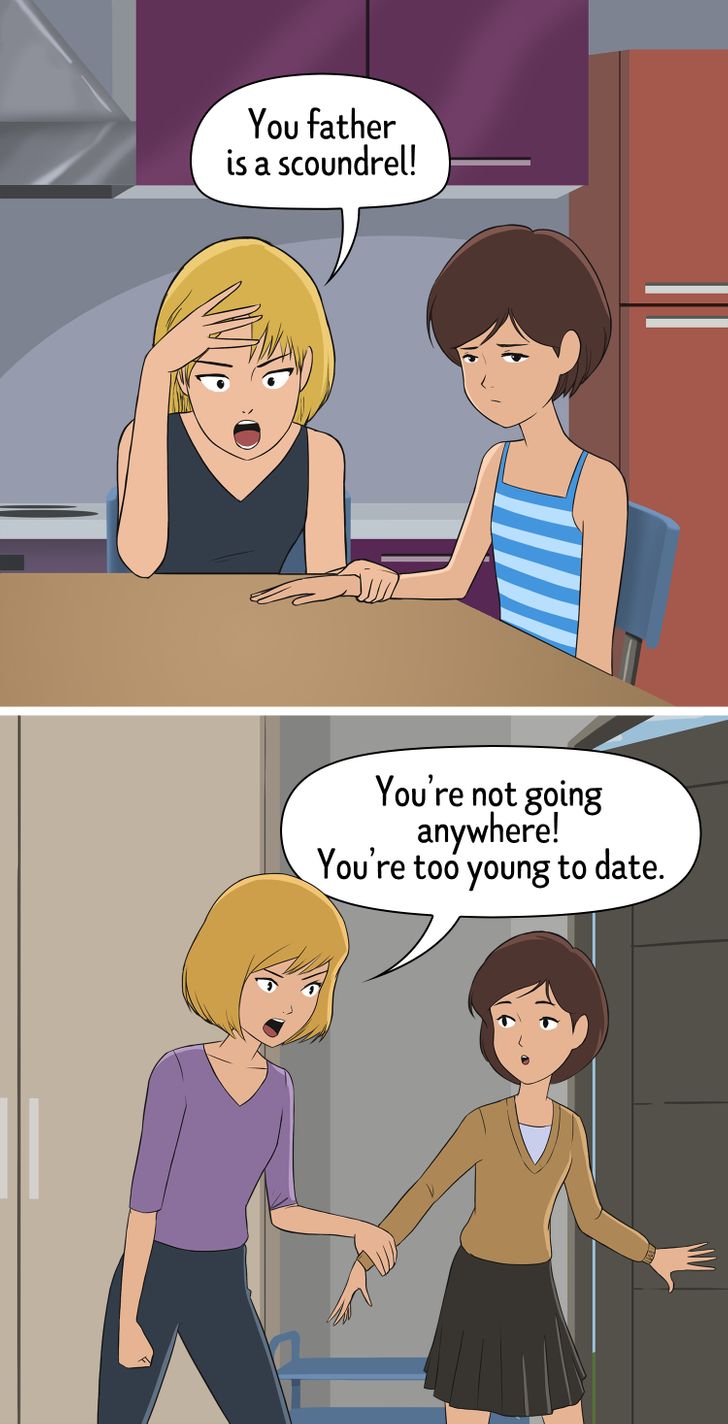
In toxic families, parents share their responsibilities with their children. For example, a child believes that it’s specifically their bad behavior that makes their father uncontrollable.
Later, children will get dragged into adult scandals. Teenagers will be forced to listen to their parents’ complaints, adjust to a “complicated situation,” put themselves in their parents’ shoes, help, tolerate, and console. Unfortunately, in these cases, children have no right to express their opinion.
8. “Be the best, but don’t forget that you’re not special.”
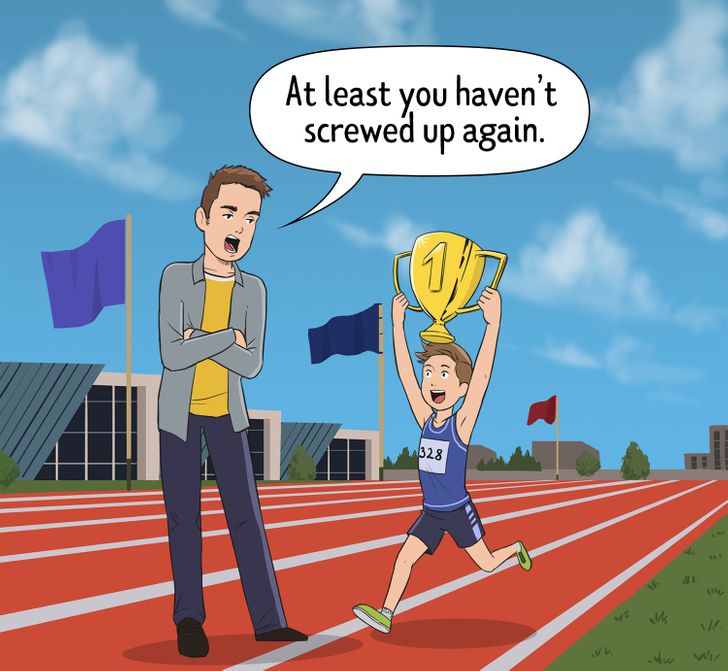
Narcissistic parents expect their children to perform at the highest level. However, all of the child’s achievements are taken for granted. Disparaging comments can truly ruin the lives of children because it makes them grow up believing that they’re always a disappointment to their parents.
7. “Open up to me, but don’t be surprised at ridicule.”
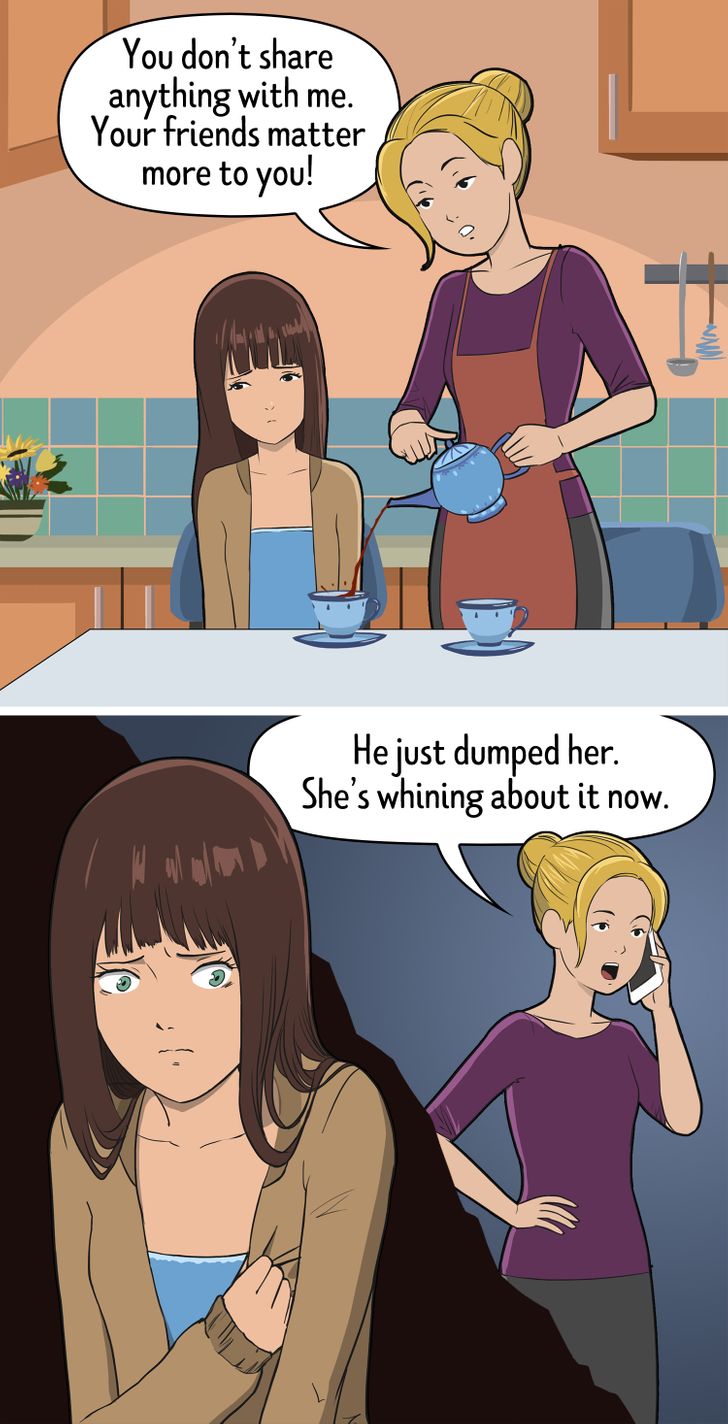
Toxic parents force their children to be sincere and sometimes even make them feel guilty if they don’t want to share their feelings. Later, that same information is used against their children. There are 2 ways this can happen:
- Relatives, neighbors, and other people are all aware of whatever the child has shared with their parents. And the parents really don’t see anything wrong with that.
- A child gives their parents an opportunity to scold them or to add sarcastic comments.
6. “You’re bad, so don’t even try to become better.”
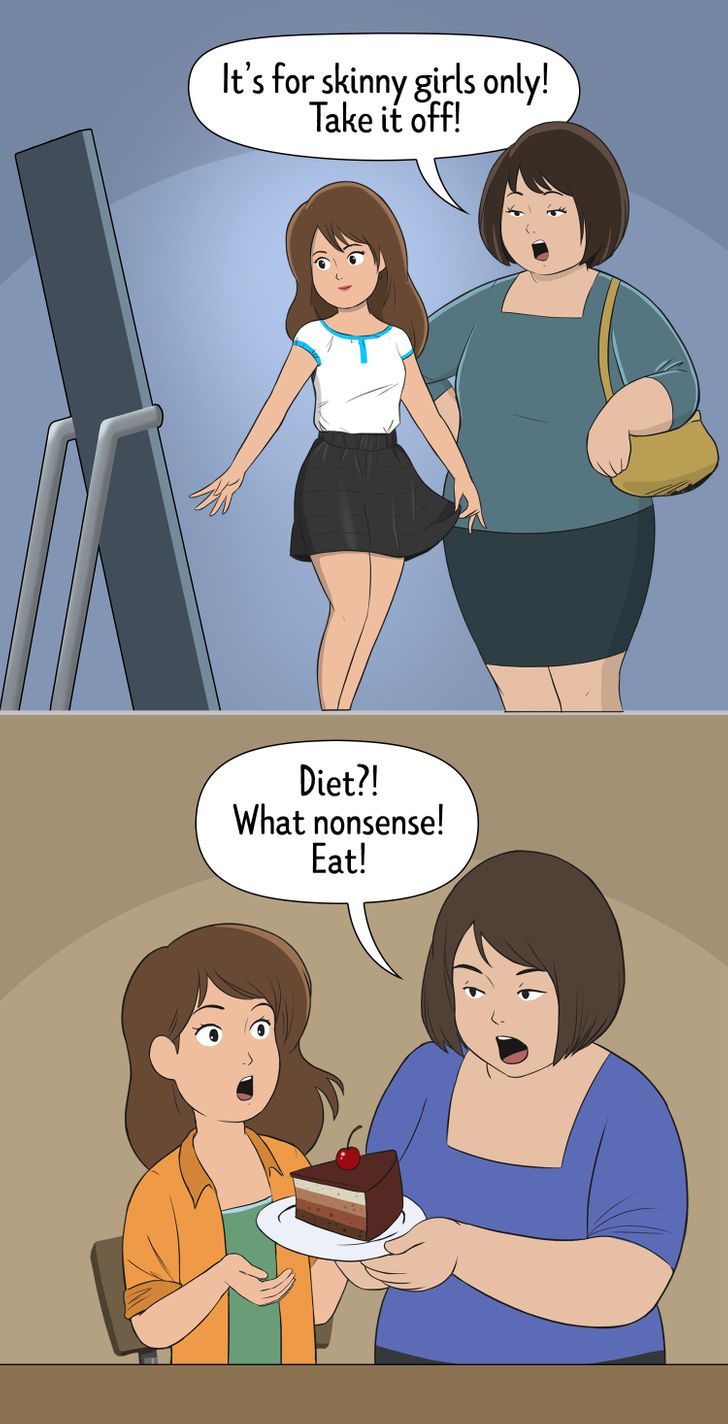
The lower a child’s self-esteem is, the easier it is to control them. Toxic parents discuss their child’s failures and flaws and, in most cases, they comment on their child’s appearance because it’s one of the touchiest subjects. If there are no “obvious flaws,” they just make them up.
Such parents instill an inferiority complex in their children and they don’t want to see their child try new things and succeed. Toxic people don’t want to have a successful child who demonstrates their willpower.
5. “Improve yourself and forget about your plans for the future.”
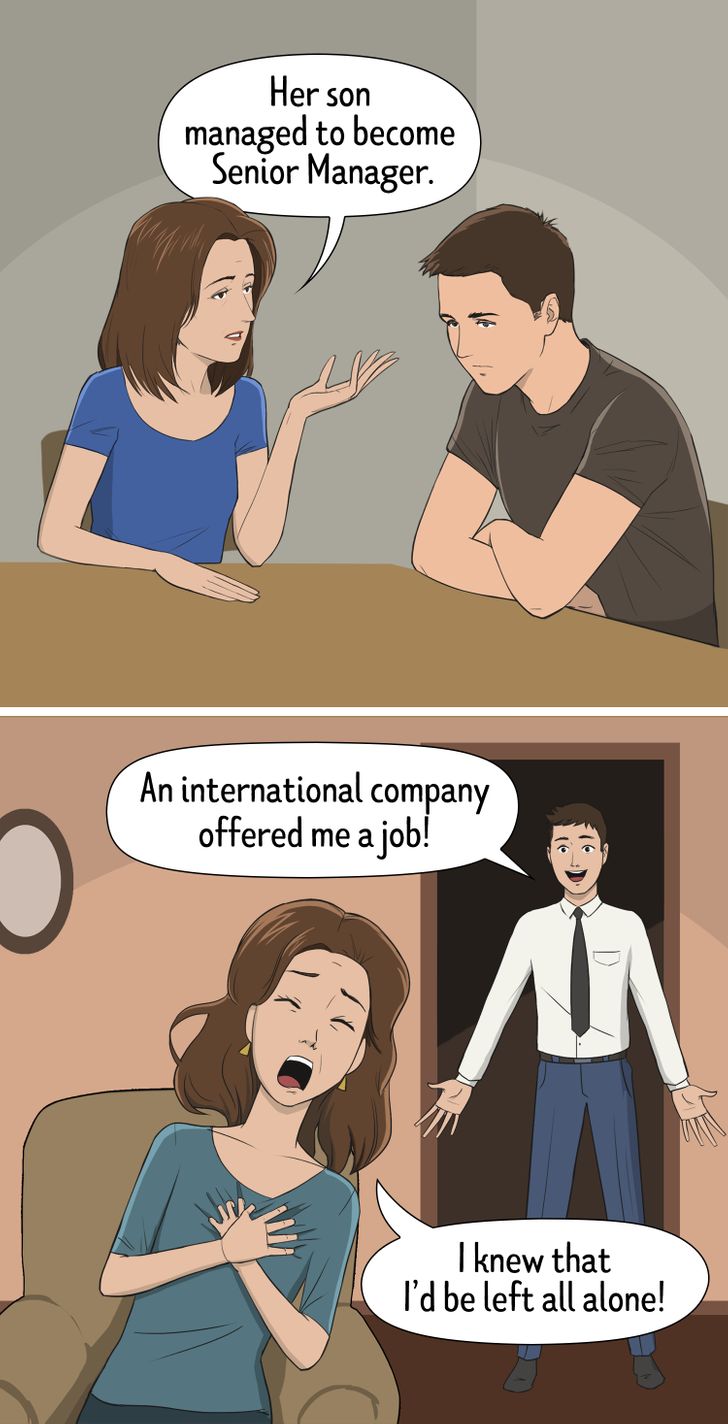
Parents want their children to succeed but they don’t care how they’re going to do it. For example, they can expect their child to build a successful career just as long as they never leave the house.
A narcissistic parent will get excited about their child’s achievements for only 2 reasons:
- They enjoy boasting about their success so that others envy them.
- Successful children guarantee a better life for the parents.
Sometimes parents just remind children that there’s a huge distance between them and their cherished goals.
4. “Follow my instructions, but blame yourself if you fail.”
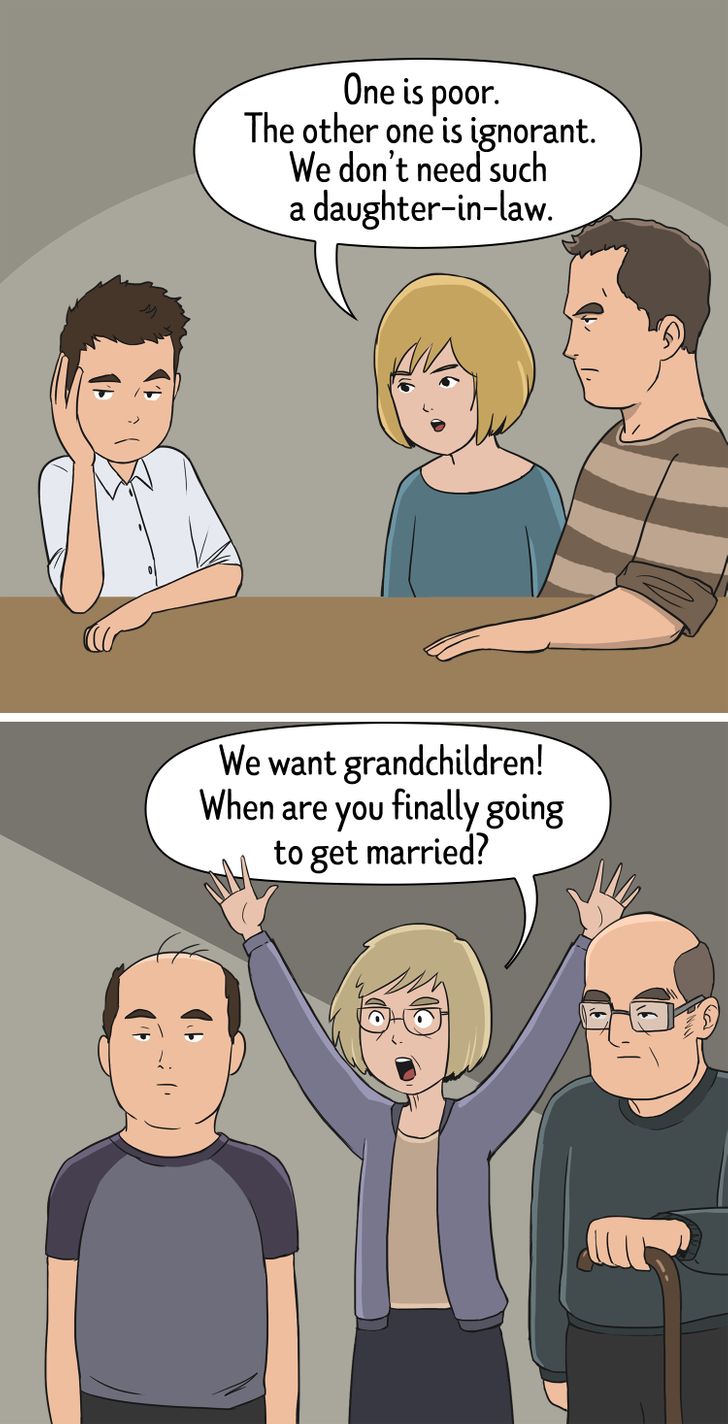
In this case, parents treat their child like an object: they make their own plans and expect their children to follow along. By the way, they don’t care about the consequences of having such total control all the time. If something goes wrong, it’s not their fault.
3. “Go away, but don’t leave me alone.”
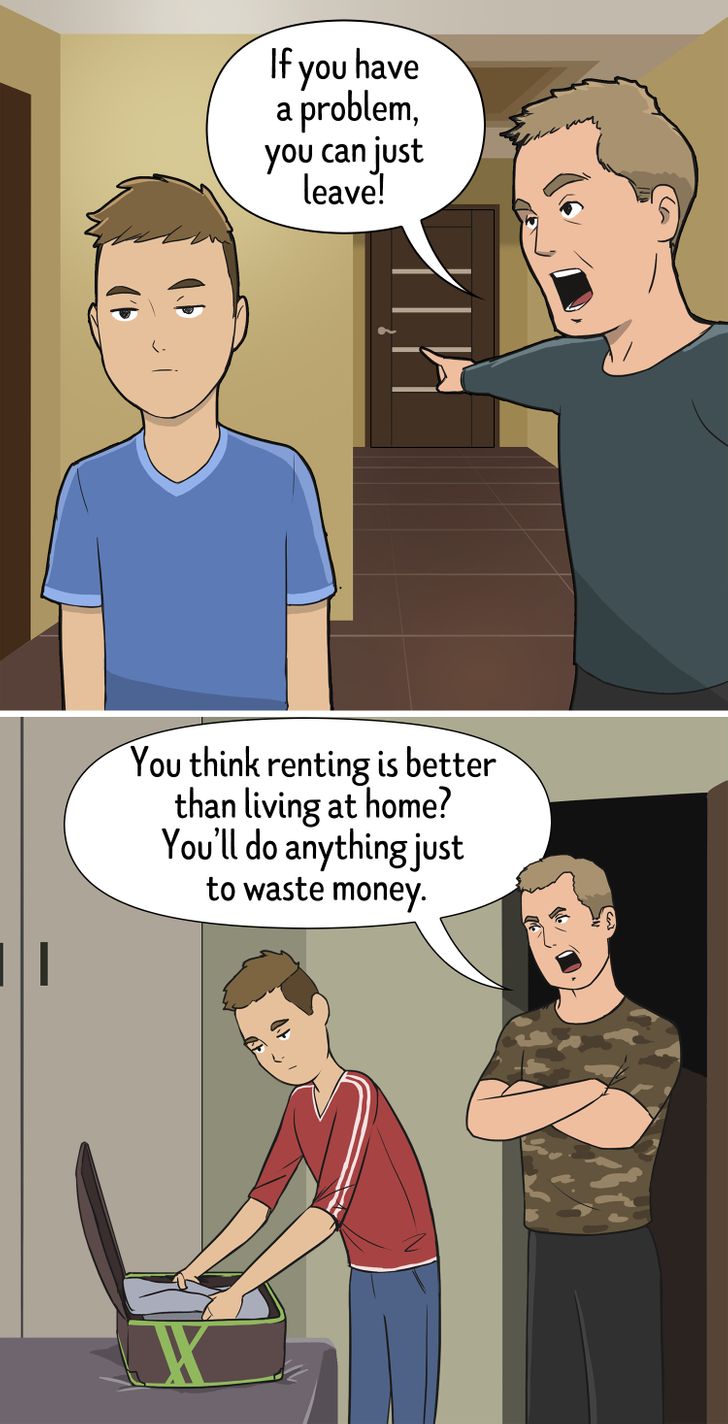
In healthy families, parents help their kids move out and live their own life. Toxic parents never want to let their children go but they always point out that the house, the money, and the food belongs to them. Any options or objections from the children is ignored in such cases.
What do such parents really want? They want their obedient children to stay by their side!
2. “Accept our help, but stop exploiting us.”
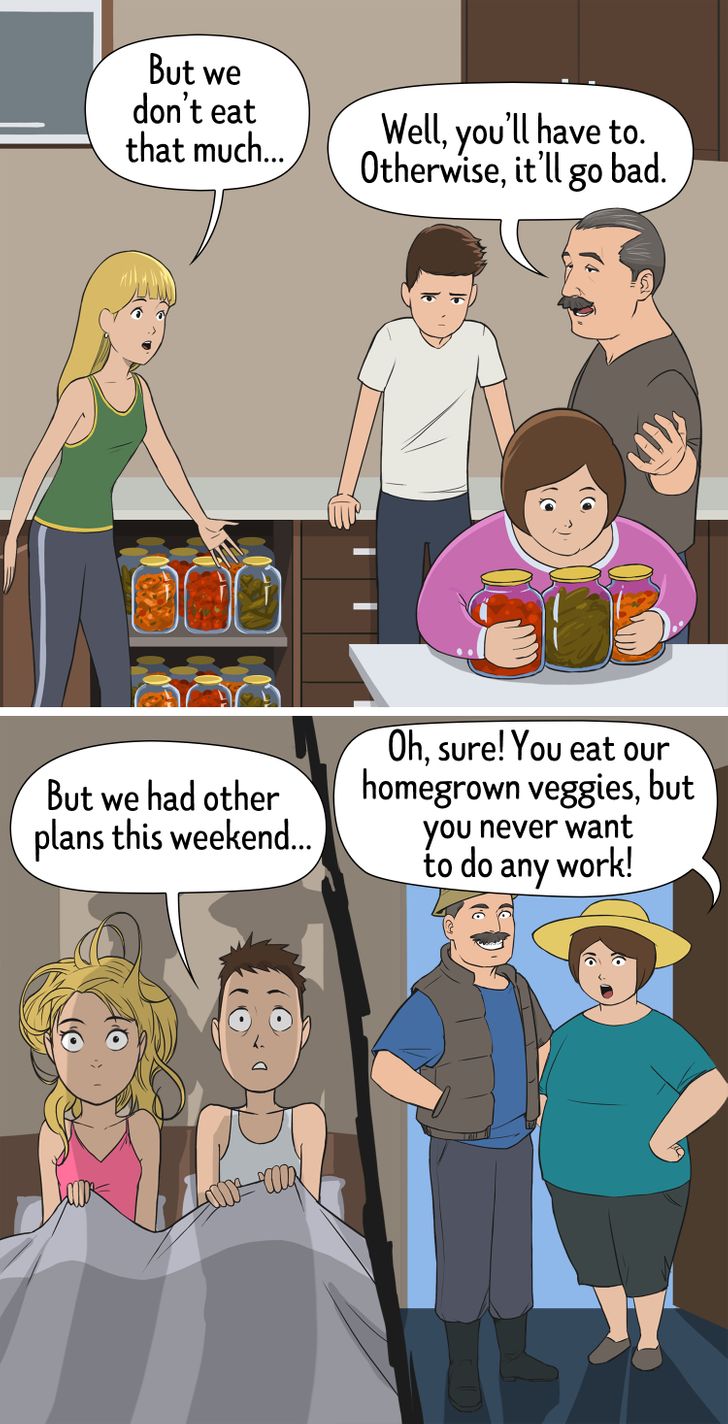
These parents offer something that their children can actually do without but any refusal causes resentment. A child starts thinking, “My parents probably just want some company and want to feel needed.” So they accept the help, thank the parents, and offer something in return. But there’s no happy ending because the parents will always remind their children of that “favor” they did for them.
Kids turn into prisoners:
- If they refuse their parents’ help. Children feel that it’s rude to decline a relative’s offer to help.
- In case they accept their parents’ help. Children feel that they should be grateful to their parents for their support and must be ready to help at any moment.
1. “Trust me, but always keep an eye out.”
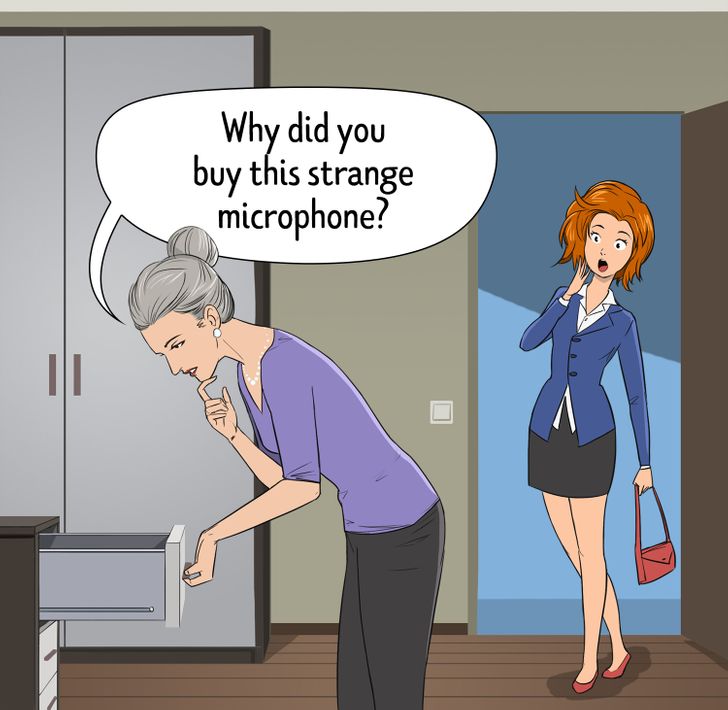
Private life? Personal space? Neither exist for children of toxic parents.
If you try to restrict access to your personal territory, parents accuse you of distrust. Even your own apartment or house won’t protect a grown child since these types of parents just use emergency spare keys. And their children must always answer all the questions — “Why didn’t you wash that cup?” or “Why did you waste money on that rubbish?” Such parents have no respect for the lives and the personal decisions of their children.



